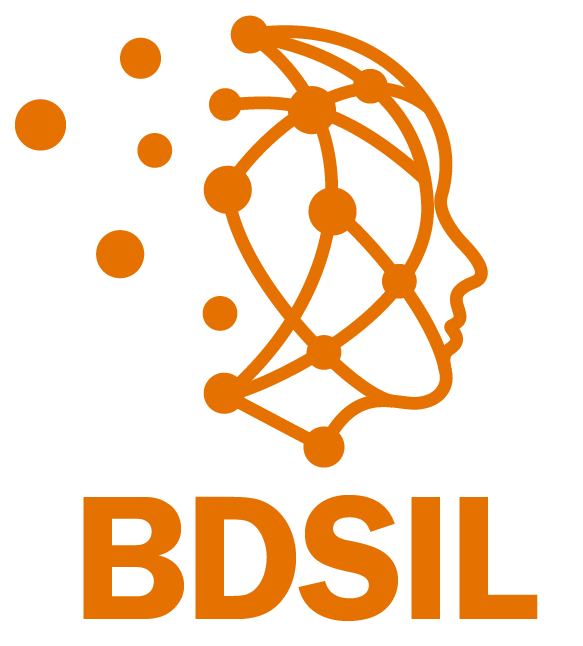Towards Sustainable Research Software through Software Citation, FAIR Research Software, and Research Software Engineer Career Paths
Watch live via YouTube to submit questions in the chat!
Humanity has a mix of overlapping goals that relate to science (and more broadly, wissenschaft). We seek new knowledge for its own purpose as well as for its potential solution to both detailed and general problems, situations, and crises. And we want to be able to verify (or disprove) such knowledge (reproducibility), then build on it (reuse), as simply and as cost-effectively as possible. This knowledge can be captured in text, images, data, software, etc. In this talk, I will focus on knowledge captured in research software, which can be both read, executed, and extended. However, software, unlike data, requires ongoing human activity to fix bugs and to adapt to frequent changes in the software and hardware environment on which it depends, as well as changing user needs. This required human activity leads to different models of software sustainability, including a mix of open source communities, industrial or government support, and commercialization, some of which are also tied to different distribution mechanisms, such as source code, executables, containers, and services.
This leads to a number of overlapping challenges and corresponding efforts, including making research software FAIR (findable, accessible, interoperable, and reusable), publishable, and citable, as well as considering how to support the human effort needed to maintain and sustain the software, including incentives and career paths. This talk will highlight some recent activities in these areas, including FAIR for research software principles, software citation, the Journal of Open Source Software, and software career paths.
Daniel S. Katz is Chief Scientist at the National Center for Supercomputing Applications (NCSA), Research Associate Professor in Computer Science, Research Associate Professor in Electrical and Computer Engineering, and Research Associate Professor in the School of Information Sciences (iSchool) at the University of Illinois Urbana-Champaign. His interests include policy issues, such as citation and credit mechanisms and practices associated with software and data, organization and community practices for collaboration, and career paths for computing researchers. He is a co-founder and current Associate Editor-in-Chief of the Journal of Open Source Software, co-founder of the US Research Software Engineer Association (US-RSE), and co-founder and steering committee chair of the Research Software Alliance (ReSA).
